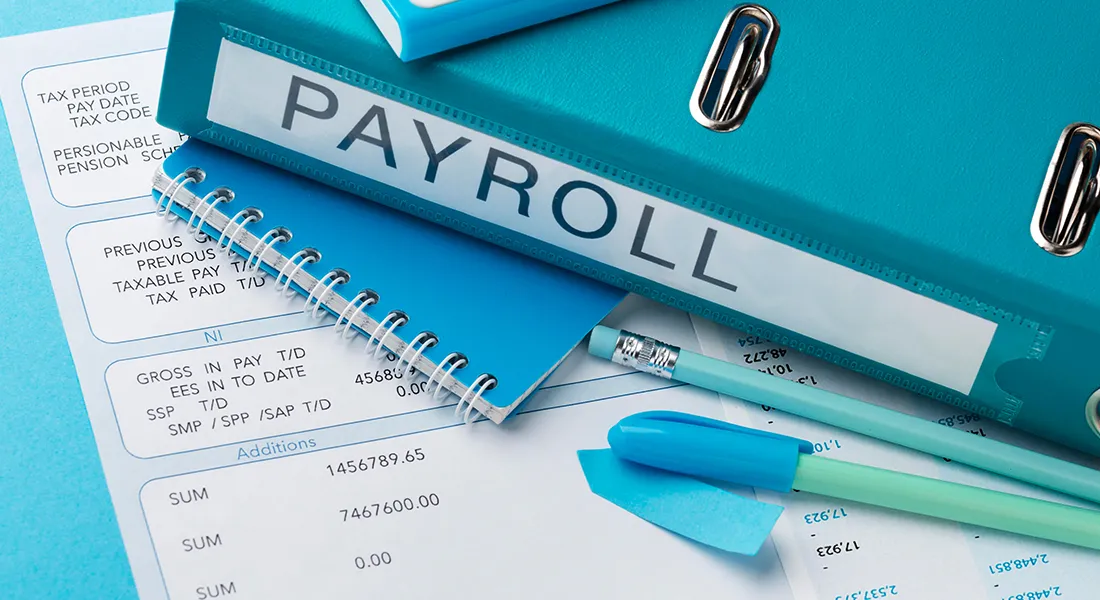

Financial management relies on Debit Notes to ensure both parties in a transaction have a clear record of the transaction’s details. Regardless of how you handle your invoices, knowing the ins and outs of Debit Notes can help prevent expensive mistakes and disagreements. They enable businesses to quickly accommodate updates necessary to keep their financial records in order. it’s important for business owners and professionals in the finance field to understand the importance of Debit Notes in order to ensure accurate and up-to-date records.
A lot of people come across Debit Notes for the first time and are unsure what they mean, yet they’re relatively simple when explained. A Debit Note is a written communication from the purchaser to the vendor explaining the reasons behind additional charges on an existing account. Explanations of these financial adjustments allowed companies to reduce confusion and strengthen their supplier interactions. Understanding Debit Notes is essential no matter how you manage your company’s finances.
A buyer uses a Debit Note to inform the seller of either returning goods or requesting a revision in the amount owed. This usually results from instances like changes in pricing or errors in the original invoice. It allows both parties to officially settle discrepancies and mistakes found on invoices or in the quality of the goods delivered. Debit Notes help companies keep track of their transactions with clarity and reduce the possibility of future disagreements among buyers and sellers.
A Debit Note is used to adjust and modify the payment originally agreed upon by both parties. This change can come about due to a variety of reasons, including the following:
When and Why is a Debit Note Issued?
The Debit Note is frequently drawn when the circumstances like the ones listed below arise.
A debit note generally contains the following information: Most debit notes include information such as:
1. The document is issued by the buyer on a specific date.
2. Details on both the parties involved in the transaction.
3. Specifies the original invoice number for comparison.
4. Specifications of the items or services exchanged between the parties.
5. The purpose of a debit note is to request a correction in the amount that needs to be paid after the original invoice has been sent.
6. The exact dollar amount that should be credited back to the vendor.
A Debit Note and a Credit Note play opposite roles and are vital in managing situations where additional or reduced amounts require accounting.
Debit Note: Generated by the buyer and delivered to the seller as a means to raise the amount still owed to the seller.
Credit Note: Prepared by the seller to notify the buyer that the sum owed has been reduced following the return of goods or event cancellation.
A Debit Note is only considered valid and useful if it comprises some crucial components. Having these elements makes it easier to understand and helps avoid disagreements.
1. Debit Note Number: A debit note number assigned to each document for organized tracking.
2. Date of Issue: The date on which the debit note is issued.
3. Buyer and Seller Details: Both the buyer’s and seller’s complete details.
4. Invoice Reference: The buyer’s invoice number and date should be provided when creating a Debit Note.
5. Description of Goods/Services: Listing of items or services purchased using this debit note.
6. Quantity and Price: The goods not compliant with their description and the revised rates.
7. Reason for Issuance: Reasons for creating the debit note.
8. Total Amount: The total amount debited.
9. Authorized Signatures: Signatures by the purchaser and/or supplier, representing their legalstanding.
Integrating these essential features provides a legally sound debit note and simplifies account handling procedures.
Let’s take a look at how a Debit Note is used in a simple example of a business transaction.
Such a system removes any accounting errors and ensures confidence.
Staying organized is essential for every business. They allow businesses to:
Businesses that want to ensure their audits and vendor relationships go smoothly must properly manage their Debit Notes.
Manually managing Debit Notes is inefficient and suffers from numerous chances for mistakes. That’s where efficient billing software enters the scene. Billing software with sophisticated tools allows you to easily generate, distribute and monitor Debit Notes.
It is important to understand when to issue a Debit Note to ensure swift amends and preserve healthy relationships with clients and suppliers. You must issue a Debit Note under these circumstances:
Swiftly issuing a Debit Note ensures that payments are made on time and prevents misunderstandings.
Issuance of Debit Notes often involves important legal and tax considerations in diverse nations. In GST-compliant areas, a Debit Note might need to be issued to reflect any change in the tax component if there is an upgrade in the original invoice value. It is used by tax authorities when auditing a business’s records.
A lack of the correct Debit Notes may lead to mistakes in tax reports, issues with the taxation department, or financial penalties. As a result, companies are advised to comply with local Debit Note requirements and keep their documentation meticulous.
Debit Notes play a crucial role in ensuring that businesses are able to keep detailed and precise financial records. Debit Notes provide a structured way to resolve disputes regarding returns, price errors, and differences in quantities traceably. Employing Debit Notes helps businesses clear up conflicts and keeps both buyers and sellers well informed about payment requirements and accurate quantities. Establishing Debit Notes strengthens the bond of trust and helps ensure transparency in every financial interaction.
To keep up with the demands of today’s market, businesses benefit greatly by combining Debit Notes with electronic billing software. Efficient tracking, rapid corrections and neat records of all financial adjustments are made possible by implementing Debit Notes. Gaining insight into the proper use of Debit Notes can ensure streamlined accounting practices, lower the risk of errors, and strengthen your relationships with suppliers over time.
Comments are closed